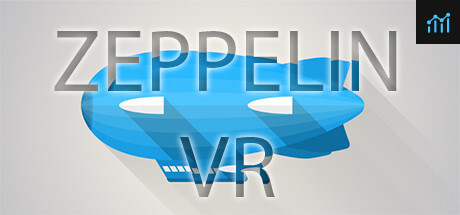Zeppelin VR System Requirements
Zeppelin VR System Requirements - full specs, system checker and the gaming PC setup you need.
| Minimum | Recommended | |
| CPU | Intel Core i5-4590 | Unknown |
| Graphics Card | NVIDIA GeForce GTX 970 | Unknown |
| RAM | 8 GB | Unknown |
| File Size | 2 GB | Unknown |
| OS | Windows 10 | Unknown |
Can you run it? Test your computer against Zeppelin VR system requirements.
Can I Run Zeppelin VR?
In terms of game file size, you will need at least 2 GB of free disk space available. The minimum memory requirement for Zeppelin VR is 8 GB of RAM installed in your computer. Provided that you have at least an NVIDIA GeForce GTX 970 graphics card you can play the game. To play Zeppelin VR you will need a minimum CPU equivalent to an Intel Core i5-4590.
Zeppelin VR will run on PC system with Windows 10 and upwards.
Looking for an upgrade? See our graphics card comparison and CPU compare for benchmarks. We'll help you find the best deal for the right gear to run the game.
Zeppelin VR FPS - what frame rate can you expect?
How many FPS will I get on Zeppelin VR? An FPS Monitor is the first step in understanding how the parts in your gaming PC are actually performing in real-world conditions. It's the perfect way to track Zeppelin VR FPS drops and stutters.
Download our free tool on Overwolf to count your frame rates as you play, and test how tweaks to your settings can boost FPS and increase Zeppelin VR performance. Our app is compatible with hundreds of the best PC games and available now.
